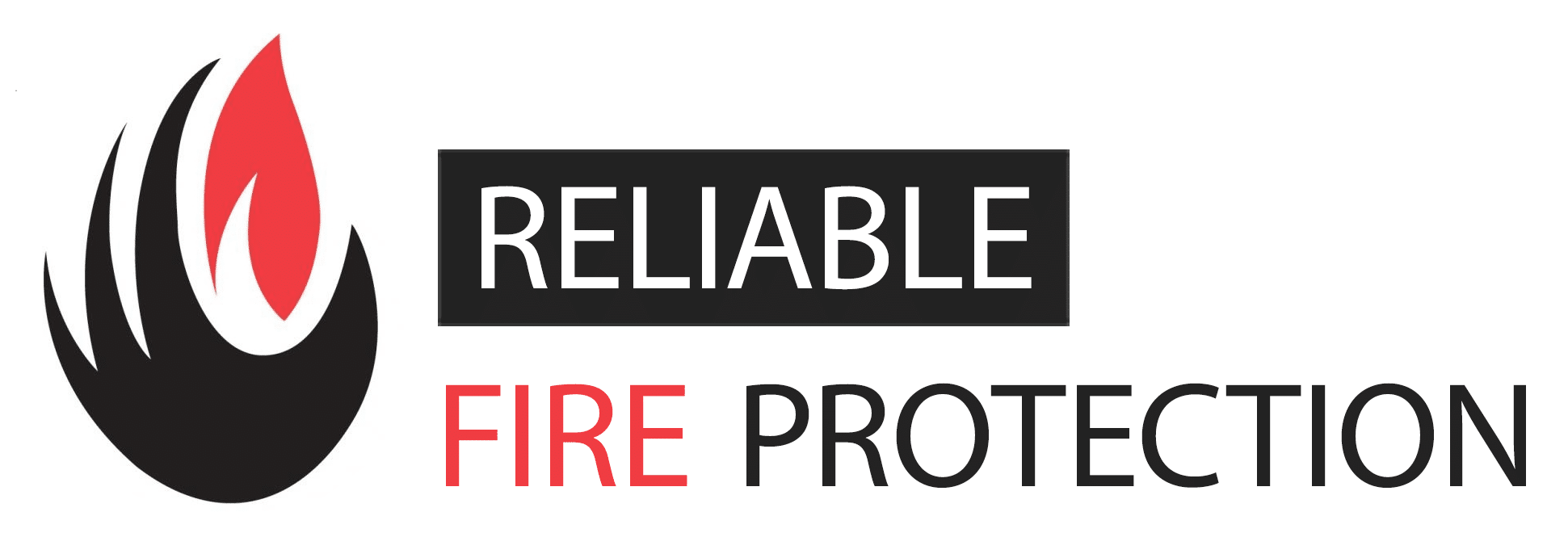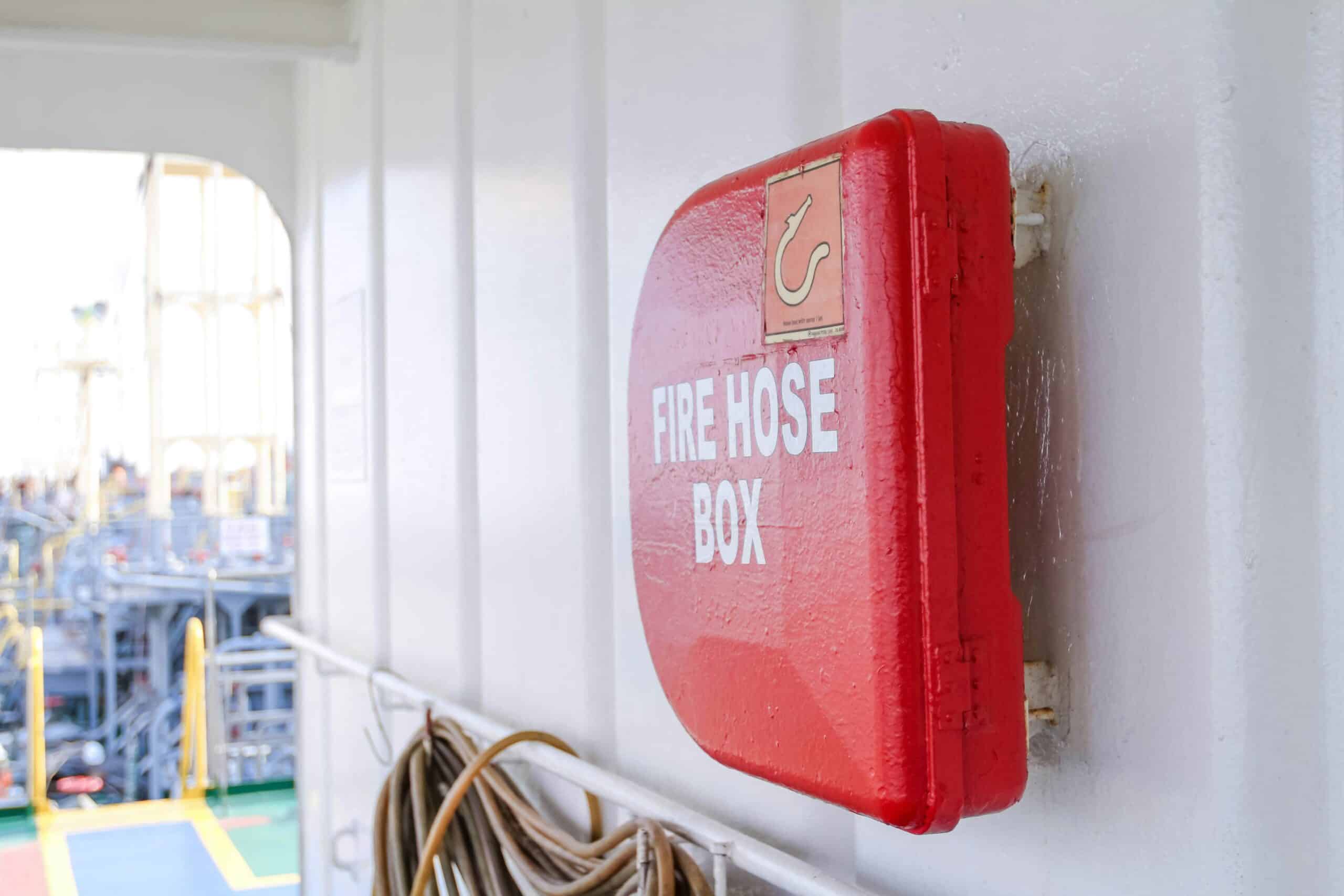
How Does A Fire Protection System Actually Help Your Business?
Fire protection systems are far more than just a regulatory requirement or a box to check off for insurance purposes. These sophisticated networks of detection, suppression, and emergency response technologies work tirelessly around the clock to safeguard your business assets, protect your employees, and ensure business continuity.
Let’s explore the comprehensive role these systems play in modern business operations.
The Fundamental Purpose: Beyond Simple Fire Fighting
At its core, a fire protection system serves as your building’s first line of defense against the devastating effects of fire. However, its role extends far beyond just putting out flames. Modern fire protection systems are intelligent networks that constantly monitor your environment, analyze potential threats, and respond with precisely calculated interventions when needed.
Think of your fire protection system as an vigilant guardian that never sleeps. Just as a security guard would patrol your premises, these systems continuously scan for signs of danger through various sensors and monitoring devices. The key difference is that these electronic sentinels can react in milliseconds, often detecting and responding to threats before they become visible to the human eye.
Components Working in Harmony
A comprehensive fire protection system integrates several crucial components that work together seamlessly:
Detection Systems
Modern detection equipment doesn’t just look for smoke. Advanced sensors can detect changes in air composition, unusual temperature patterns, and even invisible particles that might indicate an incipient fire. These systems use sophisticated algorithms to differentiate between normal environmental changes and genuine fire threats, significantly reducing false alarms while ensuring no real danger goes unnoticed.
Suppression Mechanisms
When most people think of fire suppression, they picture sprinkler systems raining water from the ceiling. While traditional sprinklers remain effective in many situations, today’s suppression systems are far more nuanced. Depending on your business needs, these might include:
- Clean agent systems that leave no residue, perfect for protecting sensitive electronic equipment
- Foam-based systems for flammable liquid fires
- Mist systems that use less water while providing effective suppression
- Targeted suppression systems that activate only in affected areas, minimizing damage to unaffected spaces
Emergency Communication
Modern fire protection systems serve as comprehensive emergency management platforms. They don’t just sound an alarm; they coordinate evacuation procedures, provide clear instructions through voice systems, and communicate directly with emergency responders. This integration can significantly reduce response times and improve outcomes during actual emergencies.
The Business Impact: More Than Just Safety
Asset Protection
Fire protection systems protect more than just your physical assets. They safeguard:
- Critical business data and IT infrastructure
- Valuable inventory and equipment
- Important documents and records
- The very infrastructure of your building
Business Continuity
Statistics show that about 40% of businesses never reopen after experiencing a major fire. A properly designed fire protection system helps ensure business continuity by:
- Minimizing downtime through early detection and rapid response
- Protecting critical operations and data centers
- Reducing the extent of damage when incidents occur
- Maintaining customer confidence through demonstrated preparedness
Cost Savings
While installing and maintaining a comprehensive fire protection system requires investment, the long-term financial benefits are substantial:
- Reduced insurance premiums
- Lower risk of catastrophic losses
- Decreased likelihood of business interruption
- Protection against potential liability claims
Making the Most of Your Fire Protection Investment
To maximize the benefits of your fire protection system:
- Regular Maintenance and Testing: Don’t treat your system as a “set it and forget it” installation. Regular maintenance ensures reliability when you need it most.
- Staff Training: Ensure your team understands how the system works and their roles during an emergency. This knowledge can make the difference between a minor incident and a major disaster.
- Integration with Business Operations: Your fire protection system should be part of your broader business continuity and disaster recovery planning.
Conclusion
A fire protection system is more than just emergency equipment—it’s a crucial investment in your business’s future. By understanding its comprehensive role and ensuring proper implementation and maintenance, you’re not just meeting regulatory requirements; you’re protecting your business’s very existence and setting the foundation for sustainable growth and success.
Remember, the true value of a fire protection system isn’t measured by how often it activates, but by its constant vigilance and readiness to protect what matters most to your business. In today’s fast-paced business environment, having a reliable, comprehensive fire protection system isn’t just an option—it’s a fundamental necessity for any forward-thinking organization.
Call Reliable Fire Protection to protect your business and keep your fire protection systems in working order. Call 832-345-5360.
Related Articles
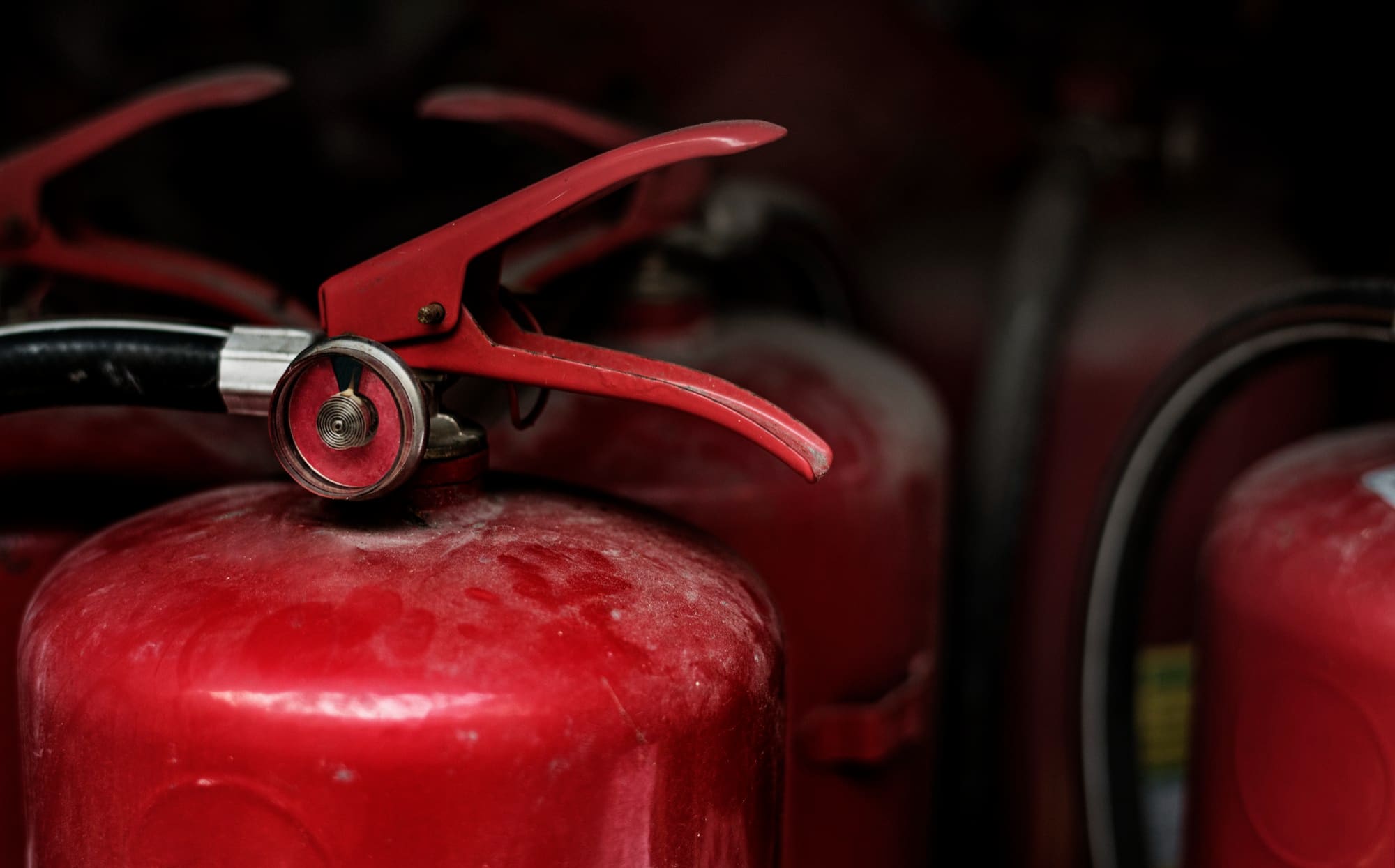
Understanding Types of Fire Extinguishers
Not all fires are the same—and neither are extinguishers. This guide explains the various types and what each is designed for. Using the wrong one can be dangerous, so it's crucial to know the difference.
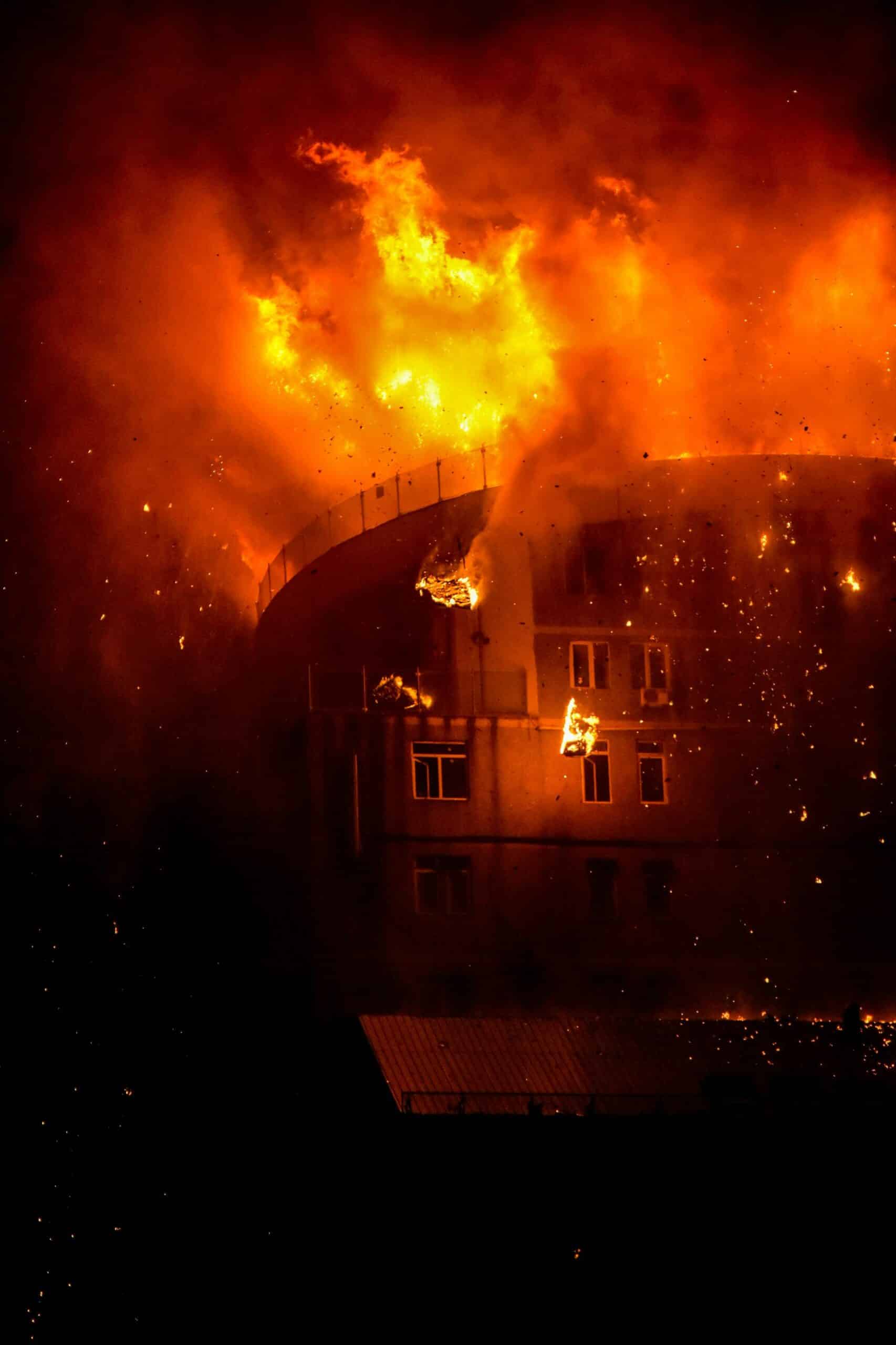
12 Bad Fire Safety Habits That Can Burn Down Your Workplace
Complacency with fire safety can lead to disaster. From blocked exits to ignored alarms, we cover the habits that put businesses at risk. Identify and correct these behaviors before it’s too late.
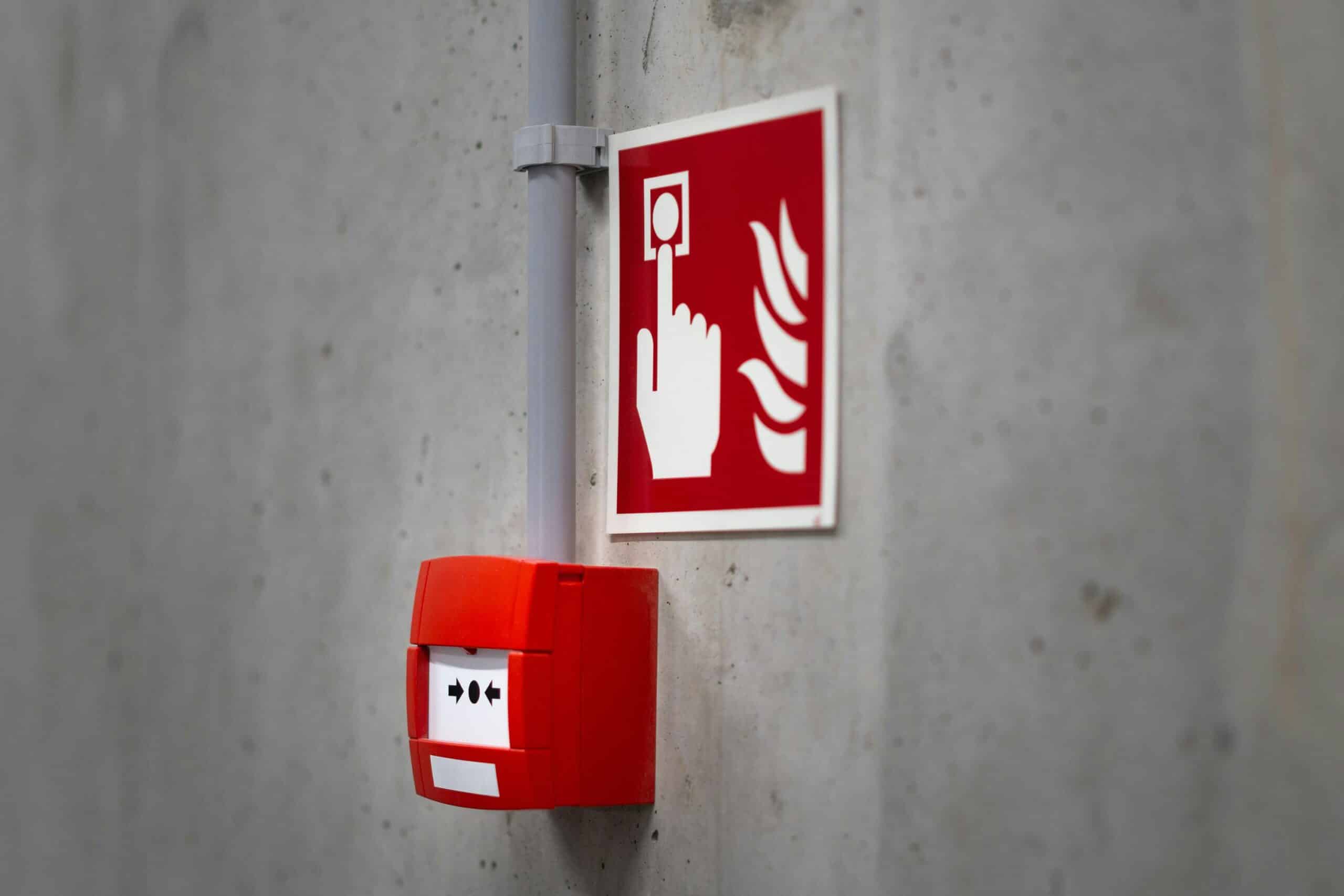
How Fire Protection Systems Lower Insurance Premiums
Installing fire protection systems not only protects your property but can also reduce insurance premiums. Insurers reward proactive risk management. Learn how your investment in safety can pay off.
